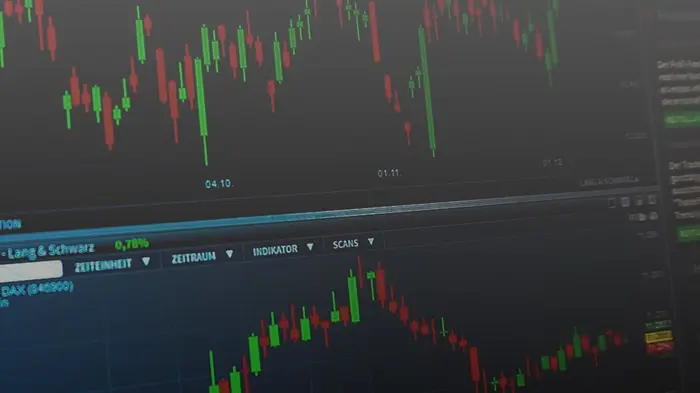Asian stocks saw gains as investors navigated the complex landscape of US-China trade tensions and earnings reports from major US tech companies. However, Chinese shares experienced slight declines.
Mixed Performance Across Asia
In Hong Kong, stocks fell, while Australian and Japanese markets saw positive movements. US equity futures showed a modest drop, influenced by declines in shares of Google’s parent company, Alphabet Inc., and semiconductor firm Advanced Micro Devices Inc. during after-hours trading. Treasury yields also saw a slight uptick.
US-China Trade Tensions Escalate
The latest US-China trade dispute has sparked concerns, though Chinese President Xi Jinping appears to be taking a more measured approach than during the trade war under former President Donald Trump. Beijing quickly responded to the US’s 10% tariff with additional retaliatory measures. Some analysts view China’s response as cautious, aiming to avoid a full-blown confrontation. However, others worry that weaker-than-expected manufacturing data and the depreciation of the yuan could negatively impact Chinese stocks.
China Supports Yuan Amid Economic Pressures
Despite ongoing trade tensions, China has continued efforts to stabilize the yuan. The central bank set the daily reference rate for the currency stronger than 7.2 per US dollar, aiming to counteract depreciation pressures exacerbated by the trade conflict with the US.
Goldman Sachs predicts the MSCI China Index could rise by 14% by the end of the year, with expectations that Beijing will introduce much-anticipated economic stimulus measures.
US Tariffs Take Effect Amid Tensions
After President Trump delayed tariffs on Canada and Mexico, his tariffs on China came into force early Tuesday morning. China quickly retaliated, announcing new tariffs on 80 products, effective February 10. Additionally, China launched an antitrust investigation into Google, tightened export controls on critical minerals, and blacklisted two US companies.
Trump stated that there is no rush to engage in talks with President Xi, and he would reach out to the Chinese leader at an appropriate time.
Japan’s Economic Policy and Currency Moves
Meanwhile, the Bank of Japan is expected to continue raising its benchmark interest rate, potentially surpassing current market expectations. The Japanese yen strengthened, reaching around 154 yen per US dollar on Tuesday.
Commodity Market Developments
In the commodity markets, oil prices dipped slightly as concerns over the impact of the US-China trade war on global growth outweighed the news of stronger sanctions on Iran.
US stock markets had previously rebounded, buoyed by dip-buying, with a notable 1.7% rise in the “Magnificent Seven” group of major tech companies.
Related topics:


























